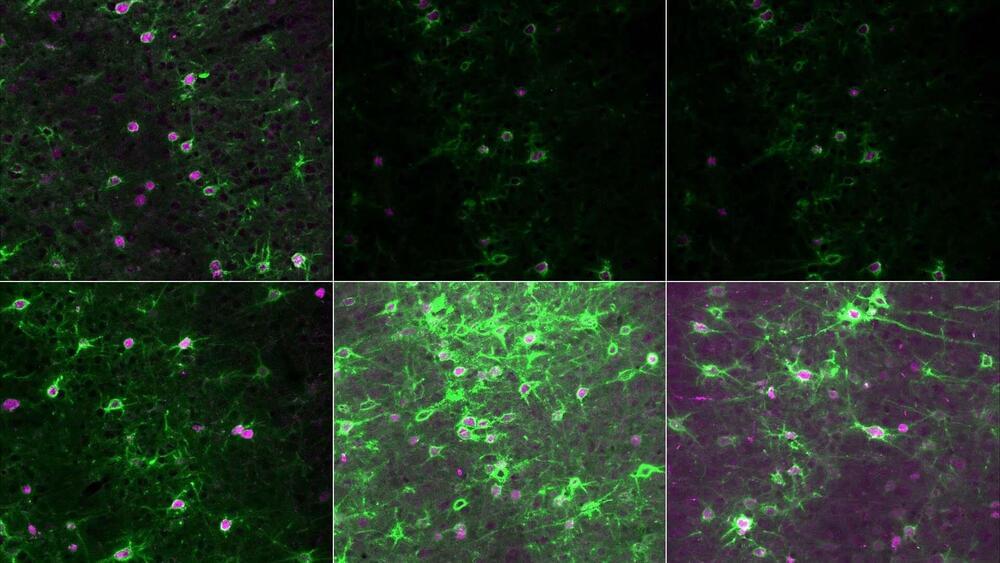Developing brains become shaped by the sights, sounds, and experiences of early life. The brain’s circuits grow more stable as we age. However, some experiences later in life open up opportunities for these circuits to be rapidly rewired. New research from Cold Spring Harbor Laboratory Associate Professor Stephen Shea helps explain how the brain adapts during a critical period of adulthood: the time when new mothers learn to care for their young.
Shea’s work in mice shows how this learning process is disrupted when a small set of neurons lack a protein called MECP2. In humans, MECP2 dysfunction causes the rare neurodevelopmental disorder Rett syndrome. Shea’s findings could point researchers toward the brain circuits involved in Rett syndrome and potential treatment strategies. His research could also have implications for more common neurological conditions.
Shea explains, “It’s not lost on us that Rett syndrome patients have difficulty interpreting and producing language. Difficulties with communicating are widespread in autism spectrum disorders. One of the reasons we study Rett syndrome is that this may be a valuable model for other forms of autism.”
